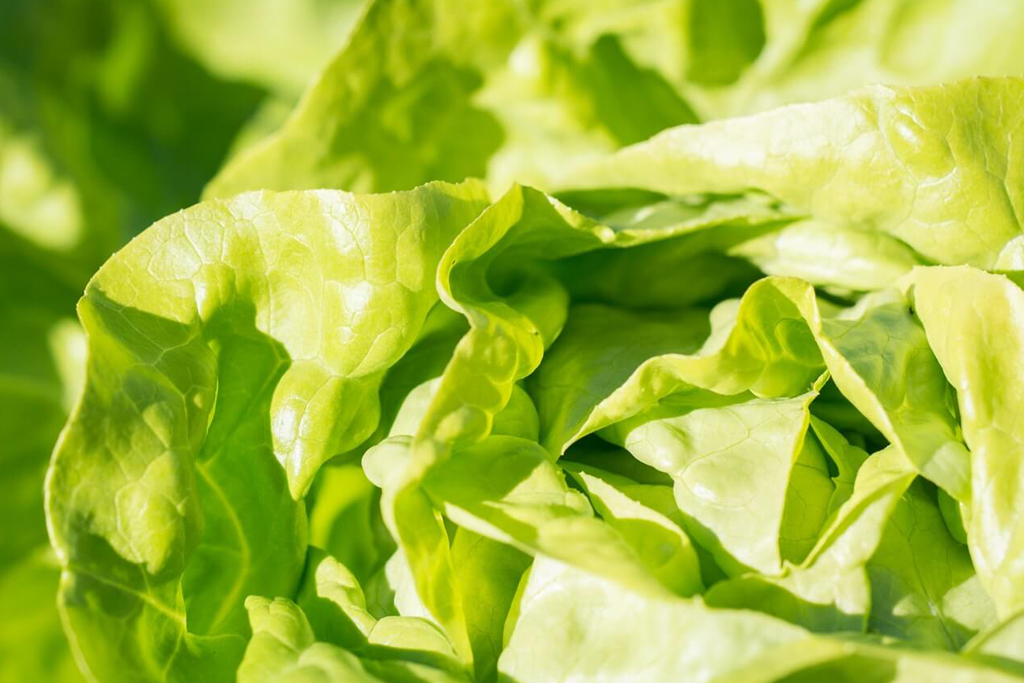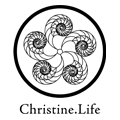
Health Benefits
Iron is essential for the formation of red blood cells (hemoglobin), and necessary to activate several enzymes involved in cell division and growth. It is necessary for the oxidation of the tissues and collagen synthesis.
As iron is needed for hemoglobin production it ensures the transport of oxygen in the blood from the lungs to the tissues to maintain basic life functions. Iron is also necessary for myoglobin formation (found in muscle tissue). Calcium and copper are required to be present for iron to function properly. Adequate stores of iron, build the quality of the blood which improves resistance to stress, immune support, energy production, growth in children and resistance to disease.
Iron is found in the bone marrow, liver and spleen as ‘Ferritin’, the endogenous storage form of iron.
Iron is also found in the brain as a cofactor in neurotransmitter synthesis (dopamine, noradrenaline & serotonin), that control and regulate behavior.
Iron is essential for growth especially skin, red corpuscles, resistance to disease.
Iron also improves protein metabolism, therefore, HCl (hydrochloric acid) production (gastric acidity) is necessary to breaks down protein and liberates Iron.
Vegetarians who exclude all animal products from their diet may need almost twice as much dietary iron each day as non-vegetarians. Plant sources of iron are called non-heme iron.
Sources include dark green leafy vegetables, such as spinach, broccoli, prunes, dried apricots, raisins, nuts, seeds, dried beans and peas, enriched pastas and breads, and fortified cereals. See list below.
Reduce the amount of tea and coffee you drink because the tannins found in tea and coffee bind to the iron and interfere with absorption. Tannins give tea their color and characteristic astringent taste.
The absorption of iron from animal sources, such as red and dark meat, is generally not affected by tannins.
Vitamin C increases iron absorption, so eat more brightly coloured fruits and vegetables.Some foods rich in Vitamin C are oranges, lemons, mandarins, berries, kiwifruit, tomatoes, cabbage, capsicum, spinach and broccoli. See our Vitamin C page for more information.
An excellent tip to improve iron absorption and counteract the inhibiting effects from tannin is by adding slices of lemon (citrus) to your cuppa! Lemon is rich in Vitamin C.
Therapeutic Uses
Anemia, arrhythmias, listlessness, stress, infection, poor immunity, influenza, colds, interrupted sleep patterns, insomnia, menstrual problems, menorrhagia (excessive menstrual bleeding), pregnancy, learning deficits, cognitive deficits, ADHD, aggressiveness, anxiety, poor attention span and poor concentration, impaired learning, short term verbal memory, restless legs, vertigo, colitis, fatigue, hypochlorhydria (lack of stomach HCL), celiac disease, colitis, constipation, diarrhea, anorexia nervosa, nocturnal enuresis (bed wetting), burning eyes, sore-red-smooth tongue, mouth ulcers, angular stomatosis (cracks in the corner of the mouth), frequent headaches, cystic fibrosis, hair Loss and poor hair growth, pale complexion and skin, blue tinge to sclera, brittle nails and spoon shaped nails.
Antagonist: Antacids, excess intake of zinc, coffee, milk, tea, aspirin, polyphenols (found in tea, red and white wine), phytates (found in cereals), lack of hydrochloric acid – achlorhydria, hypochlorhydria (gastric acid produced in the stomach).
Dietary Sources
Fruit
- Blackberries
- Bananas
- Pear
- Peaches
- Figs
- Plums
- Strawberries
- Cherries
- Grapes
- Apricots
Dried Fruit
- Figs
- Prunes
- Currants
- Raisins
- Dates
Starch Foods
- Millet
- Oats
- Rye
- Legumes
- Lentils
- Lima beans
- Soya beans
Other
- Brewers yeast
- Red wine
- Bee pollen
- Spirulina
- Wheat grass
- Molasses
- Tahini
- Dark chocolate
- Miso
- Tempeh
- Tofu
Vegetables
- Green leafy veggies
- Spirulina
- Wheat grass
- Green beans
- Green peas
- Beetroot
- Turnip greens
- Alfalfa sprouts
- Mung bean sprouts
- Avocado
- Celery
- Radish
- Sweet corn
- Garlic
- Tomato
- Watercress
- Coriander
- Parsley
- Basil
- Asparagus
- Chili – red
- Chili – green
- Radishes
- Carrots
- Cabbage
- Okra
- Artichokes
- Brussel sprouts
- Beetroot tops
- Leeks
- Chicory
- Lettuce
- Mustard greens
- Broccoli
- Spinach
- Silverbeet
Protein Foods
- Yoghurt
- Seeds
- Sunflower seeds
- Sesame seeds
- Pumpkin seeds
- Linseeds
- Chia seeds
- Cumin seeds
- Nuts
- Walnuts
- Pine nuts
- Brazil nuts
- Almonds
- Cashew nuts
- Pecan nuts
- Hazel nuts
- Peanuts
- Eggs
- Red meat
- Fish
- Clams
- Oysters
- Mussels
- Poultry
- Chicken
- Dairy
- Turkey
Herbal Source
- Dandelion
- Alfalfa
- Yellow dock
- Chickweed
- Chicory
- Watercress
- Parsley
- Fennel
- Basil
- Rosehip
- Burdock
- Kelp
- Mullein
- Fenugreek
- Blue cohosh
- Black cohosh
- Goldenseal
- Chamomile
- Sorrel
- Comfrey
- Agrimony
- Yerbamate
- Sarsaparilla
- Equisetum
- Peppermint
- Hawthorn
- Black walnut
- Blessed thistle
- Echinacea
- Eyebright
- Feverfew
- Ginger
- Ginsengs
A Guide to Minerals Found Naturally in Food
Categories
- Allergies
- Blood Sugar Maintenance
- Cardiovascular Health
- Children’s Health
- Cognitive Health
- Dental Health
- Digestive Health
- Ear Health
- Eye Health
- Hair Health
- Immune System
- Joint Health & Musculoskeletal
- Kidney & Bladder Health
- Liver & Detoxification Support
- Men’s Health
- Mental Health
- Food
- Nail Health
- Nervous System
- Other Conditions
- Pregnancy Health
- Reproductive Health
- Respiratory Health
- Skin Health
- Women's Health
Highlighted

Anxiety

Birth – Labour

Immune Booster

